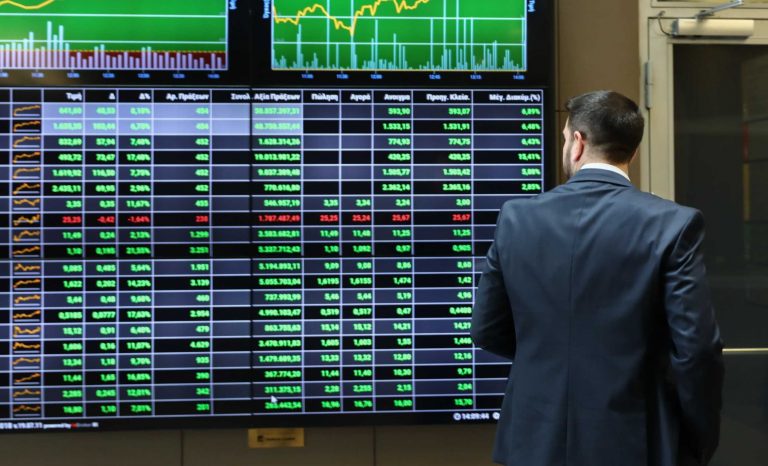The institution of Black Friday came to Greece in 2016 and, as it seems, it came to stay.
In 2016, Greek consumers took to the streets to buy Black Friday discount products. There were long queues outside the stores and in some cases the tensions were not lacking.
The offers were for specific items and a limited number, while most popular items were were gaming machines, televisions, computers and other electronic items.
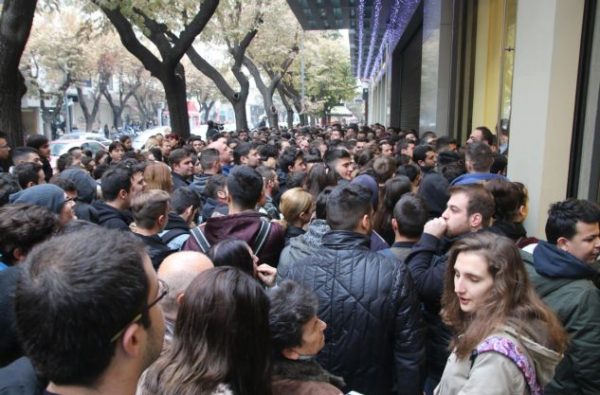
Black Friday marks the beginning of the festive season and is not part of the regular discounts but is a promotional activity and concerns the entire market and all businesses, small, medium and large scale.
Very soon Black Friday turned into Black Week or even Black November reflecting the aggressive logic of the large multinationals and domestic chains, mainly dealing in electrical and electronic items.
The Black Friday turnover
The turnover of Black Friday before the pandemic is estimated at close to 1 billion euros in a three-day period and about 1.5 billion euros in a week.
In 2020, Black Friday was held for the first time during the pandemic. The data obtained from Google Trends show that the number of search queries related to Black Friday discounts decreased by 37% compared to 2019. In Greece, the peak of Black Friday was in 2019.
According to recent data from Picodi, the international consumer trend company, for this year an average consumer is willing to spend 260 euros during Black Friday, while last year it was 164 euros.
According to the data of the Hellenic E-Commerce Association (GR.EC.A) on Black Friday of 2020, with the physical stores closed due to the restrictive measures, electronic retail recorded 43.6% higher turnover compared to Black Friday of 2019. At the weekly level the turnover was higher by 73.5%.
In the week of November 21-27, 2020, compared to the average of the previous 8 weeks of 2020, the increase in the value of e-sales reached 155%.
According to the data of the Hellenic Statistical Authority, which concern companies that have the obligation to keep double ledgers, the retail turnover in November 2019 amounted to 2.64 billion euros while in November 2020 to 2.32 billion euros.
The Greek paradox of Black Friday
In Greece today is Black Friday and traders hope to see their turnover increase, while for their part consumers who will rush to buy what they have long wanted, hope to achieve the best possible price.
Of course, we have not reached the level of other countries and especially that of the United States, with overnight queues in hundreds or even thousands of stores.
In Greece, things are generally more restrained: both in prices and in products and in the attendance of people.
As for the offers on most products it is of the order of 50%, while in several cases the prices on branded products the discount even reaches 80%.
The bidding period under the influence of Black Friday is practically expected to reach until Tuesday, November 30, shortly after Cyber Monday (day of bids from online stores), finally closing an entire month of bidding.
It is reminded that November started with the 15th day of the intermediate winter discounts, while from November 19 the offers of the large chains of electrical and electronic items started.
How will Greek consumers shop this year?
According to a survey by Sitecore “Holiday Shopping Trends 2021” more than half of Greek consumers (59%) intend to shop during the Black Friday period. In fact, the majority of consumers say they will take advantage of Black Friday to do Christmas shopping.
Among those who say they intend to shop, 41% of consumers said they would combine online and offline shopping with younger consumers slightly favoring online shopping (45%).
However, there was an 18% who said they were not going to shop on Black Friday, with the three main reasons behind such a decision being that the day has become synonymous with the culture of overconsumption and that it seems outdated, that it does not now offer good deals and that it attracts too many people.
In terms of shopping categories, with the exception of travel and games, where 54% and 37% respectively say they will go online, the majority of purchases for entertainment services (45%), clothing (41%), beauty (43%) %), food and drink (69%) will take place with a visit to a store, showing a shift of consumers to the physical markets after the restrictions imposed by the pandemic in the country.
In addition, a large percentage of consumers (65%) stated that they prioritize discounts and offers when shopping online, while almost half of consumers (45%) say they are looking for offers given exclusively to members of loyalty programs. On the other hand, older consumers place more emphasis on discounted products. Finally, a significant percentage of younger people intend to make their purchases through video calling (18%), focusing on the market limited edition products (26%), but also services that the whole family can enjoy (20%).
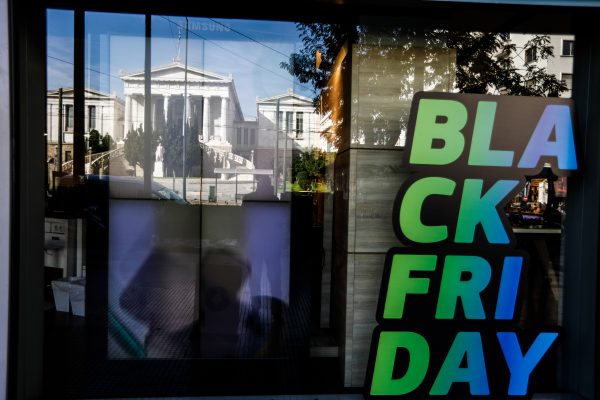
The interest in fashion items also remains intense. According to a recent Fashion (Re) search by GLAMI, only 11% answered that they are not going to buy fashion products (out of a total of 4,022 participants) to the corresponding survey question. It seems that the Greek public is divided among those who are waiting for Black Friday in an organized way (53% stated that they will plan what they will buy, with or without preparation eg list, market research, etc.) while 45% of respondents will not plan out in advance what they are going to buy and are just looking for the best deals during Black Friday.
For those who answered that they do not intend to buy, the two most important negative factors are that they find discounts throughout the year (38%) and that it can lead them to unnecessary purchases (20%).

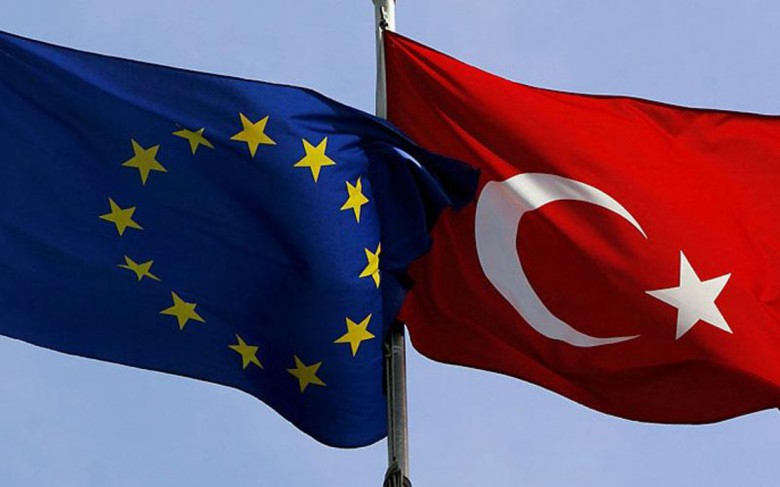


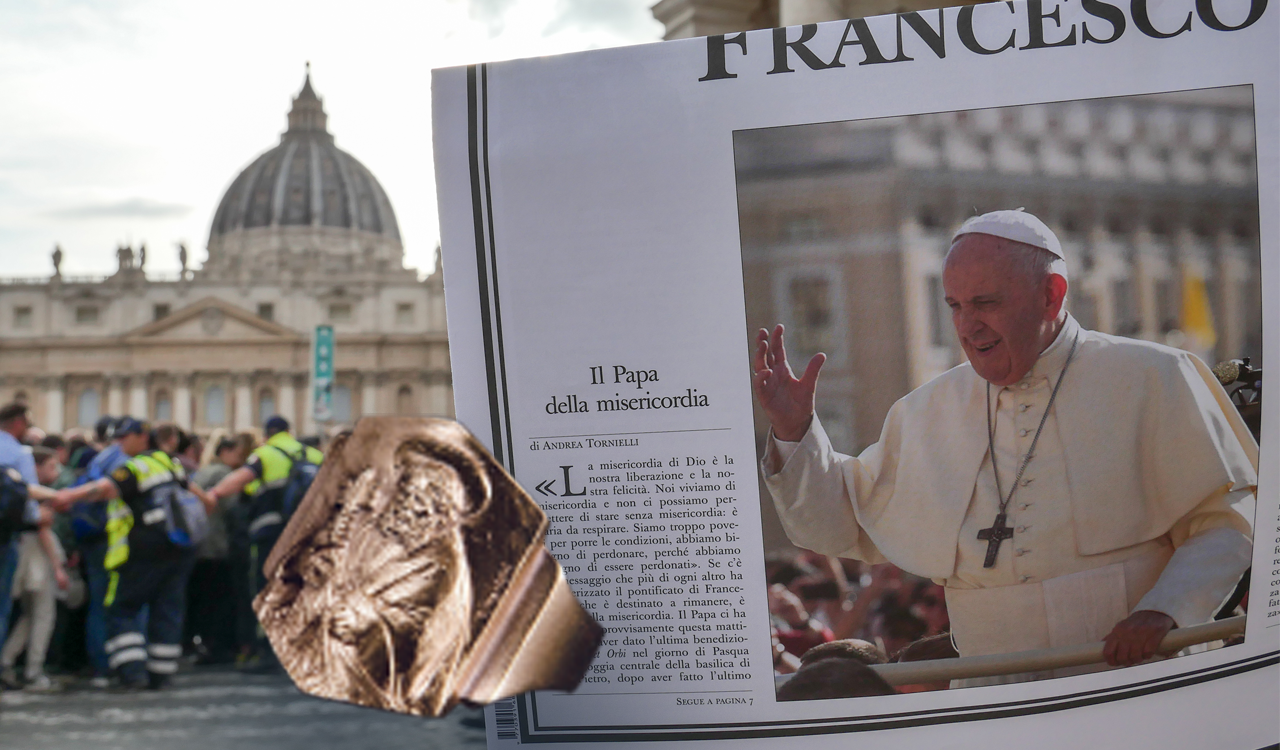






![Οι αλλαγές που υπάρχουν στα φορολογικά έντυπα για τα εισοδήματα του φορολογικού έτους 2024 από ακίνητα [Γ’ Μέρος]](https://www.ot.gr/wp-content/uploads/2025/03/akinita.jpeg)








